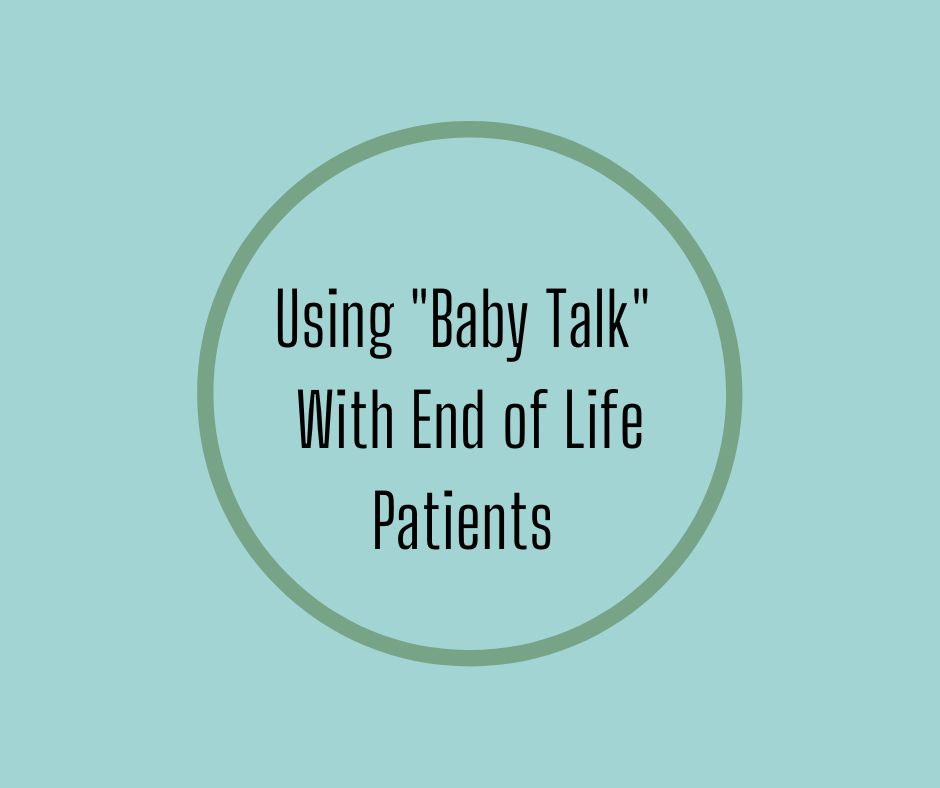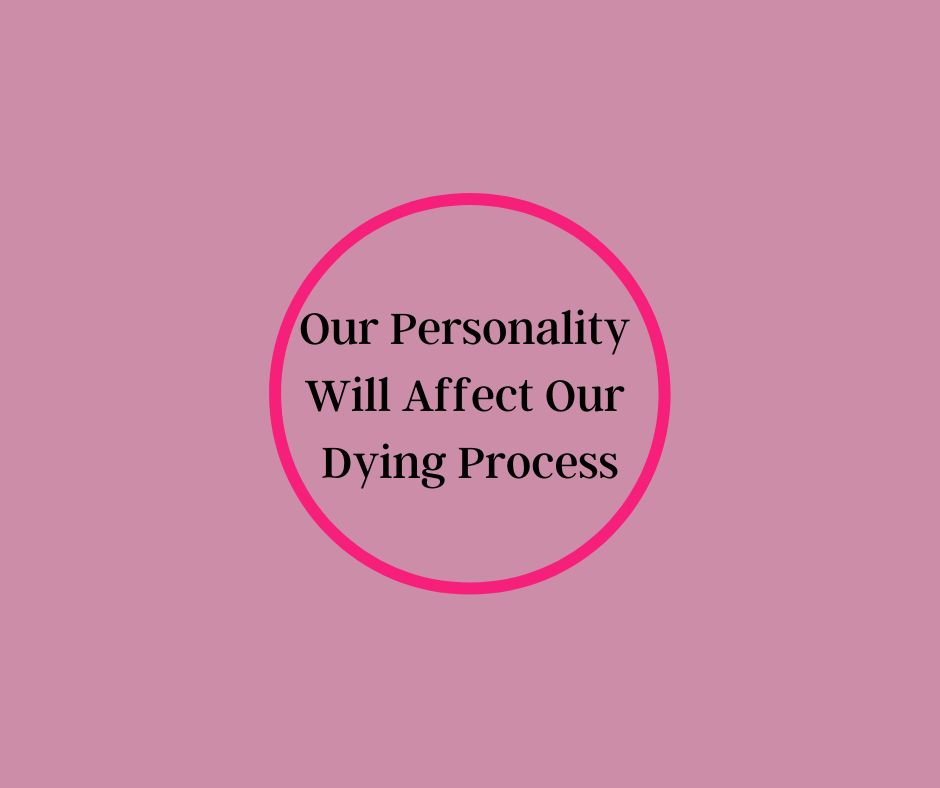We tend to be unprepared for dying and death and we are unprepared for grief. Most of us don’t understand mourning, its natural flow, all the feelings and emotions that grieving presents. We are numb, we are screaming inside, we are confused, we are lost, we are alone, isolated, angry, afraid---all a normal parts of grieving. The thing is, most of us don’t know that all of what I just mentioned is normal and natural. It is grief but in our pain we think there must be something wrong with us, we are the ones out of step, we are not normal.
This is where bereavement support groups come in. Support groups are for anyone experiencing a death. The groups are not for just those people having challenges in dealing with their loss but for any and everyone who has lost someone close to them, or not so close to them. Bereavement support groups offer guidance to understanding that there is a normal pattern of grief and gives support and a place to verbalize as the feelings unfold. It is a place where those who have walked in the same shoes can gather and find strength to continue the walk.
Hospices are mandated by Medicare to offer bereavement support groups. Churches often offer grief support groups as part of their community outreach. This support can be found in almost any community. The problem is that bereavement groups tend not to be attended. The offer is there, but those mourning are hesitant to attend. Why? I think it's because part of grief is depression and isolation. Together that keeps a person in their home, alone, with out the energy or ability to reach out, to leave their house, to take the step to reaching out for support.
What can a hospice do about this hesitancy, this inability and reluctance to attend the group? I don't think it is enough to send out invitations; even making telephone calls and inviting doesn’t seem to get people out the door. What seems to work best is utilizing the hospice volunteers in the bereavement support program.
As part of the bereavement program, assign a volunteer to the griever. That volunteer’s job is to be a friend, to have not just phone contact but physical contact on a regular basis for a year if possible. This volunteer doesn't just invite but also goes with the griever to at least the first group meeting if not more. It is easier to turn down a written or a telephone invitation than it is to resist a friend, in person, who is offering nurturing, understanding, and to accompany you to a meeting.
Something More about... The Reluctance to Attend Bereavement Support Groups
A few years ago my friend's family member died by suicide. At that time I offered her my booklet, My Friend, I Care: The Grief Experience as a sympathy card. After she read the booklet she showed it to the grieving mother who asked for her own copy. A couple days ago my friend and I were chatting- she told me that the mother still carries my grief booklet in her purse because grief rears its head at unexpected times.








11 comments